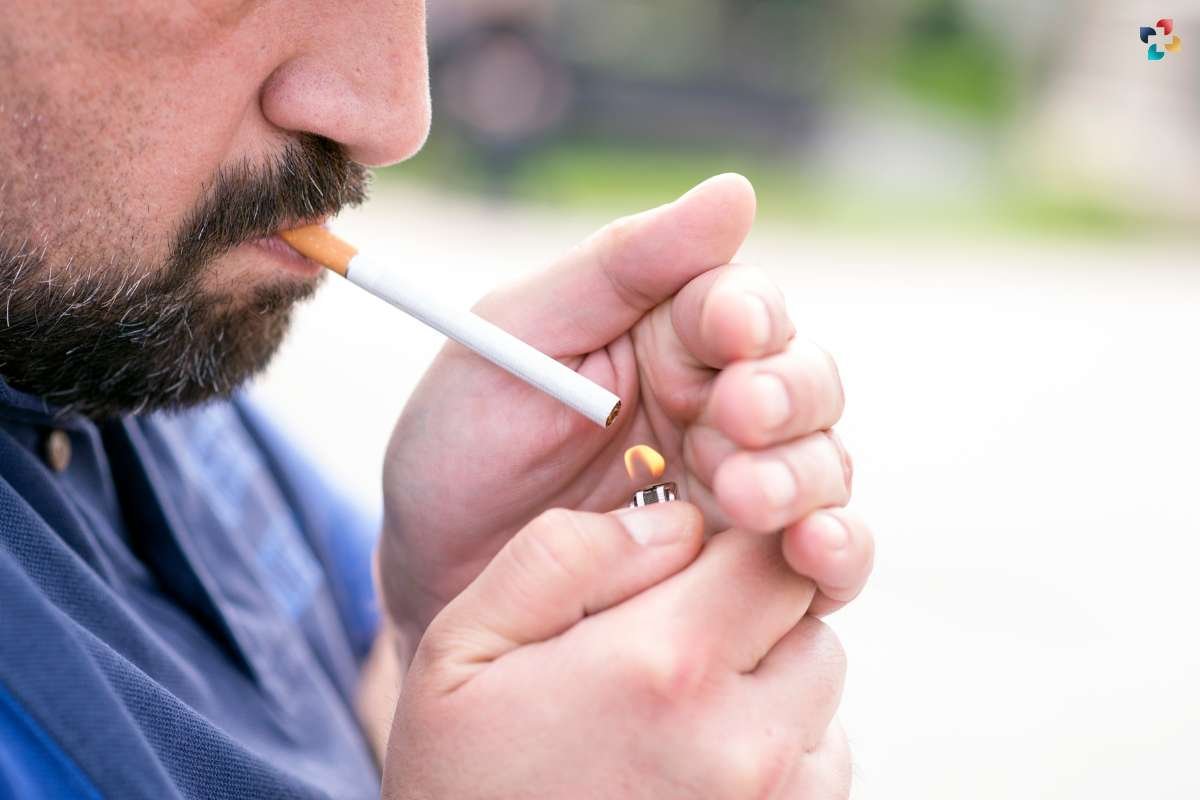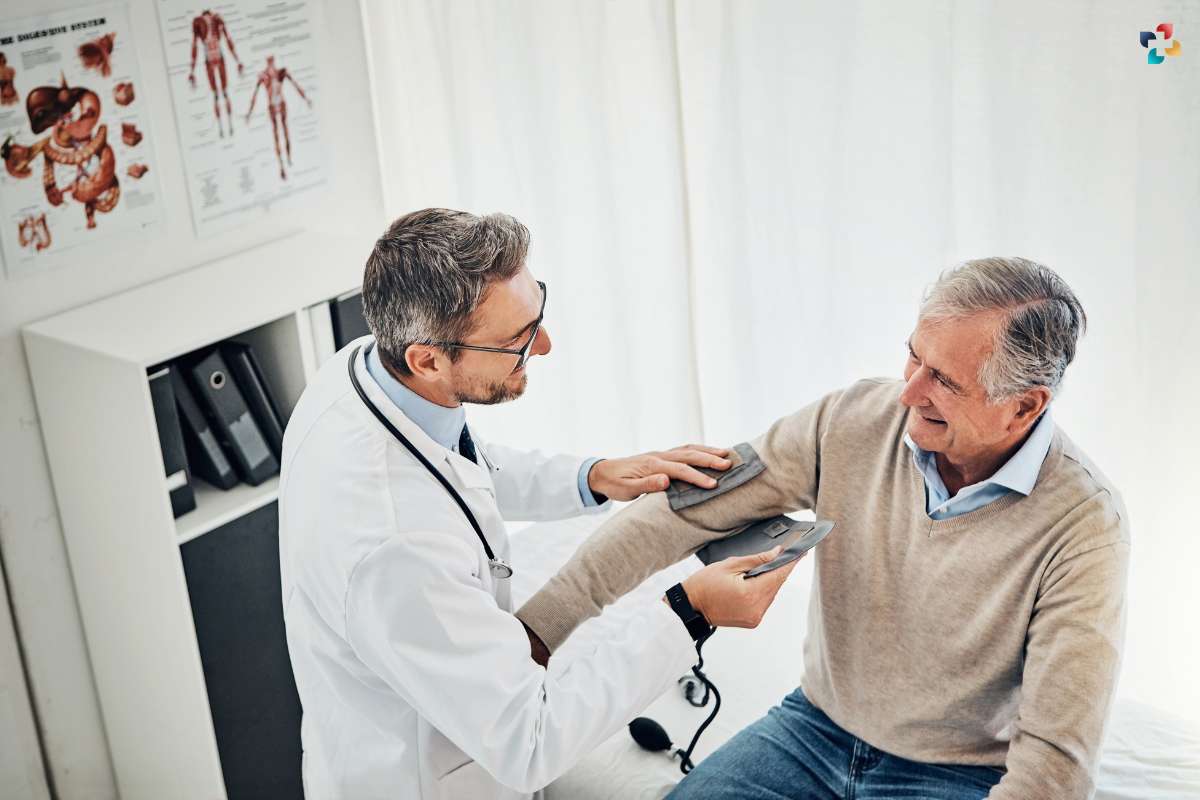Lung cancer is a horrible disease to deal with. It needs early diagnosis so it’ll help us to cure early. If lung cancer is diagnosed at an early stage, the chances of curing are about 80% to 90%. It affects the lymph nodes and other parts of the body if not diagnosed early which in turn reduces the curability rate.
Lung cancer is the second highest disease among men and women in the world. It is considered the leading cause of death due to cancer in the world. A person diagnosed with lung cancer needs emotional support and care. These patients are said to face non-acceptance in society. It’s hard to digest, but let’s face the truth. Similarly, about lung cancer, there are more myths attached to it than facts.
Here are 7 Myths about Lung Cancer:
Myth #1: Only smokers get affected by lung cancer.

Any person who hasn’t touched a cigarette can get lung cancer too. This is the most common myth about lung cancer. According to studies, 20% of lung cancer patients are non-smokers. While the authenticity of smokers getting lung cancer can never be denied. As they inhale tobacco directly, they’re highly likely to get affected by lung cancer. It’s become like a stain that only happens due to smoking. Inhaling impure air, chemicals like asbestos, passive smoking, and taking in polluted air are also causes of lung cancer.
Myth #2: Before it shows symptoms, lung cancer cannot be diagnosed.
Screening of lung cancer is available as and when required. It can be diagnosed whenever it needs to be checked. In fact, people who are at risk of getting diagnosed should get themselves checked if in doubt. The small tumors of lung cancer can be tracked via screening before they start growing or start showing signs. This is a horrible myth to believe in as it can cost your life. Whether you smoke or not, if in doubt, get yourself screened for the same.
Myth #3: No point in quitting smoking, if already been diagnosed with lung cancer.
Quitting smoking at any time will benefit you. Quitting before or after diagnosis is not the logic here. Quitting is the logic. As you’re inhaling nicotine which goes into your lungs directly, it damages them of course. But, people are in disbelief that the damage is already done, so no point in quitting. It results in further damage to the lungs which can be stopped if you quit smoking immediately. Quitting increases the life expectancy of a person and improves the quality of life too.
Myth #4: No treatment is available for metastatic lung cancer.

Metastatic cancer means it has started to spread from the lung to other places. The truth is effective treatments are now available to cure metastatic cancer. Mutations in the cancer were the reasons why treatment wasn’t available until 2020. Post 2020, due to extensive research and study more advanced treatment is available for more mutations too. The situation right now is, even stage IV cancer patients can have radiation therapy or lung surgery done or more treatment options. All thanks to medical science and extensive research.
Myth #5: Breast cancer is deadlier than lung cancer.
Breast cancer is the number one reason for deaths in women mostly. Men can get breast cancer too. But, it’s rare. In women, breast cancer is common, but this has a high death rate in women too. It cannot be said only breast cancer is a cause of death for women. It claims more lives in women than other cancers like breast cancer, prostate cancer, or colon cancer in totality. So there’s no concrete evidence of breast cancer being more harmful or deadlier than this one.
Myth #6: Ex-smokers who’ve quitted long before need not worry.
It is often believed that people who quit smoking years ago aren’t at risk of cancer. Majority of people who’re diagnosed with the said cancer type are ex-smokers. Even if they’ve quit smoking years before, traits of the damage will remain in the lungs. It also depends on the quantity of smoking that used to happen. If the smoking was on the heavier side, like smoking packets in a day, it is a reason to worry. If it was on a marginal level, it still needs to be screened at least to be on the safe side.
Myth #7: No pain in the lungs only mild coughing symptoms. So no need for screening.
This cancer is a voiceless entrant in your body. Being in the high-risk category if you have unusual cough symptoms, mild cough with blood, or a sudden weight loss, consider scanning yourself. Early detection for the same, no cure better than that. You can start the treatment right away and get yourself cured fast.
Benefits of early detection:

1. Saves your life:
What better advantage than being saved from death, isn’t it? As detected early, you can start the necessary treatment and get cured. Visit a certified and expert doctor for further guidance.
2. Treatment proves successful:
All the effort and money you put into the treatment is not wasted. The given treatment starts showing positive signs. Follow as told without any irresponsible behavior.
3. Early recovery:
As the disease is diagnosed early, there’s no need to take more medicines, not many hospital visits, and less stress. All of this is of much more importance than we would ever think. The term under stress, medicines, and being called a patient is lesser as compared to late diagnosis.
Conclusion:
Cancer is a disease where myths shouldn’t be relied on. Every person’s body is different. Lifestyle, immunity, and habits differ hugely. Not every person’s symptoms, pain, or recovery speed will be the same. Smoking being the primary reason, there can be more reasons to being affected by lung cancer. If you’re into smoking, quit it as soon as possible. But if you’re a non-smoker and still doubt yourself, it’s always better to check yourself and go for a screening. At least consult the doctor for the same.
Also Read: 9 Ways to Reduce Risk of Cancer







